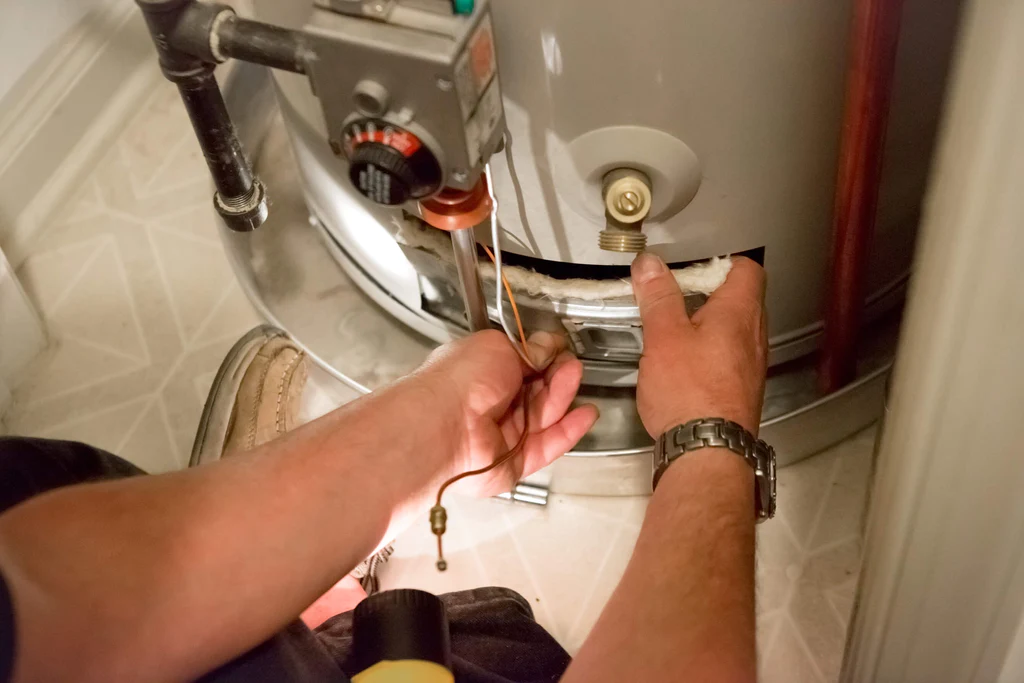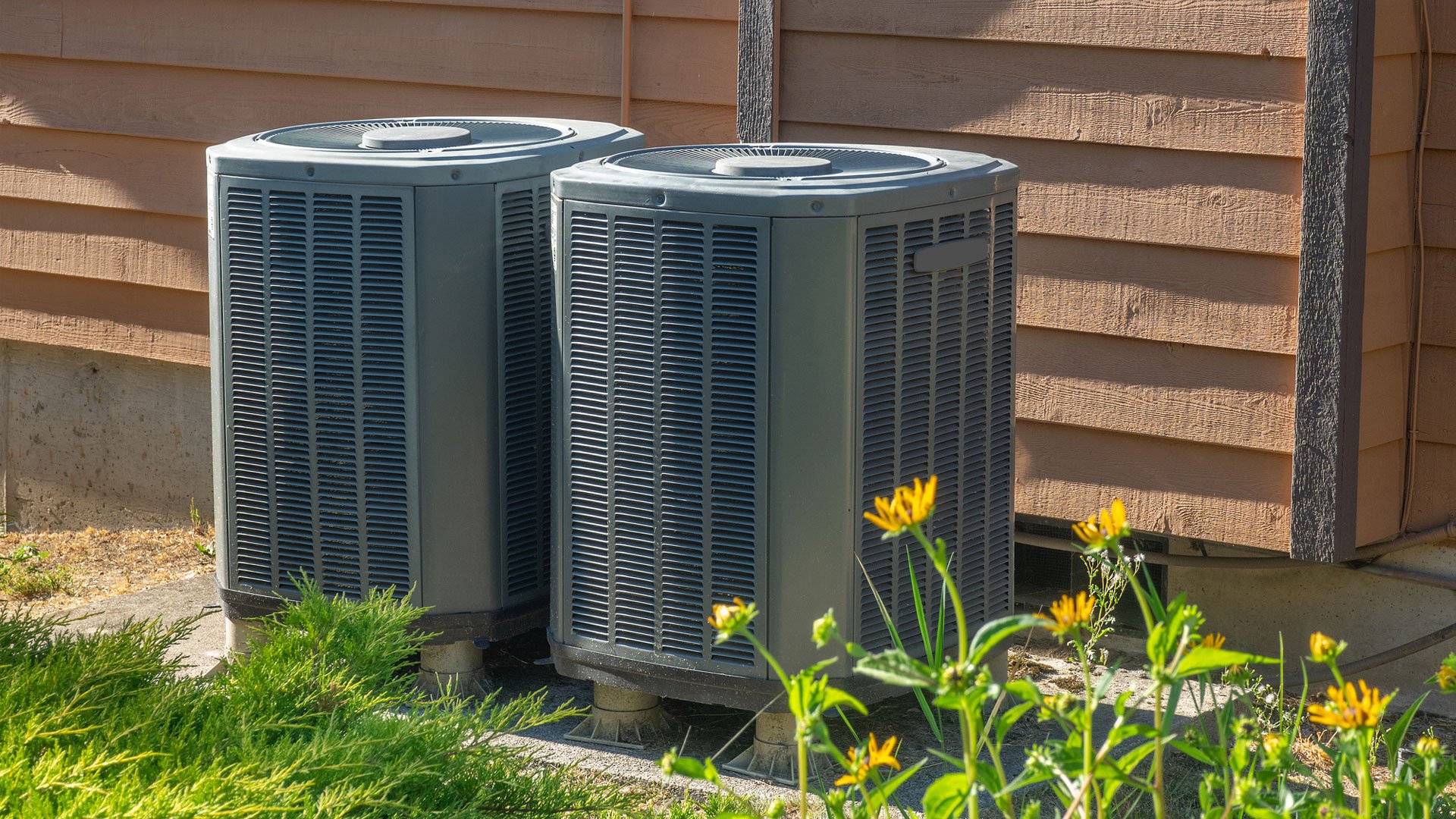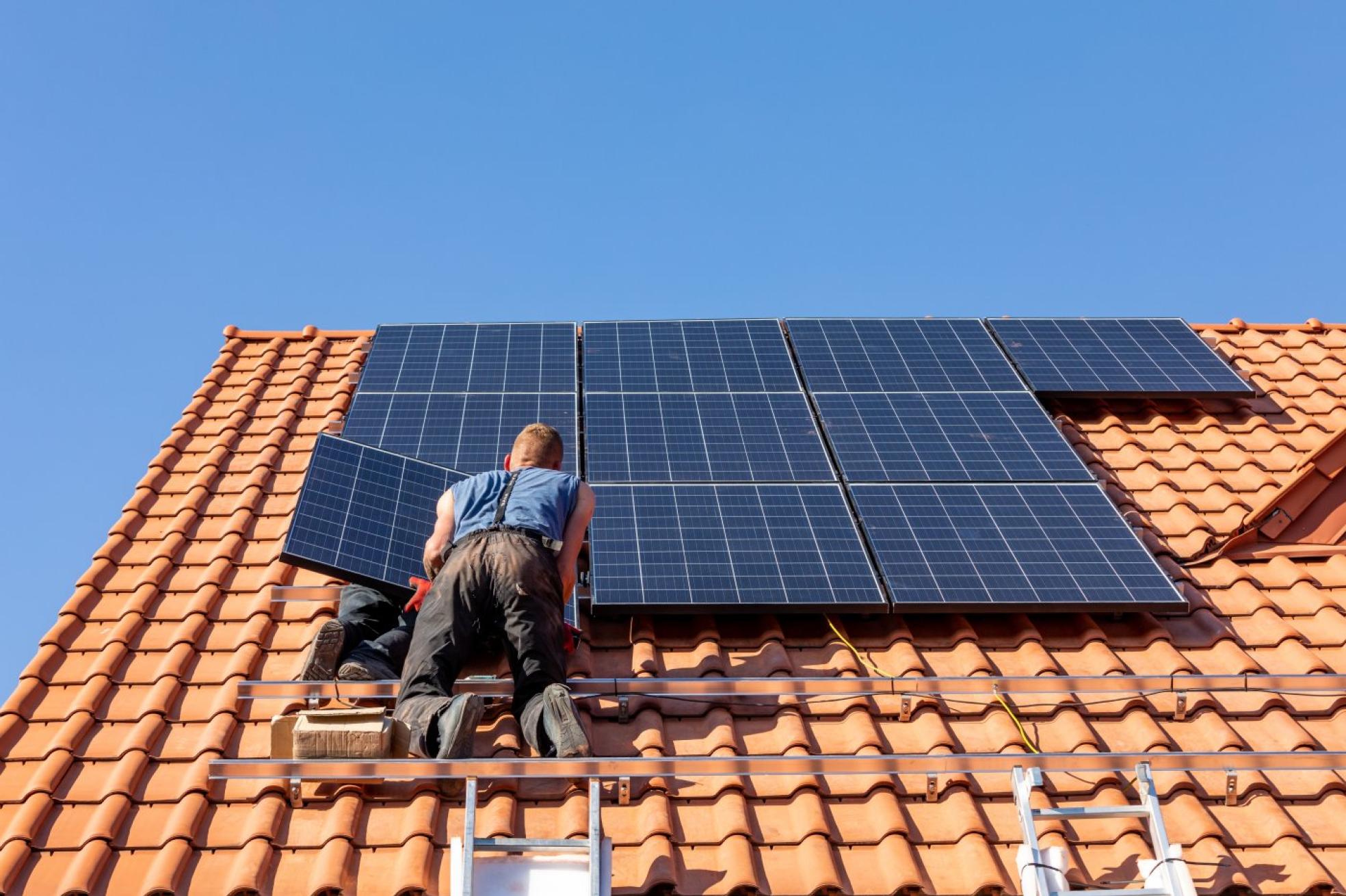Why You Might Need to Replace Your Hot Water System
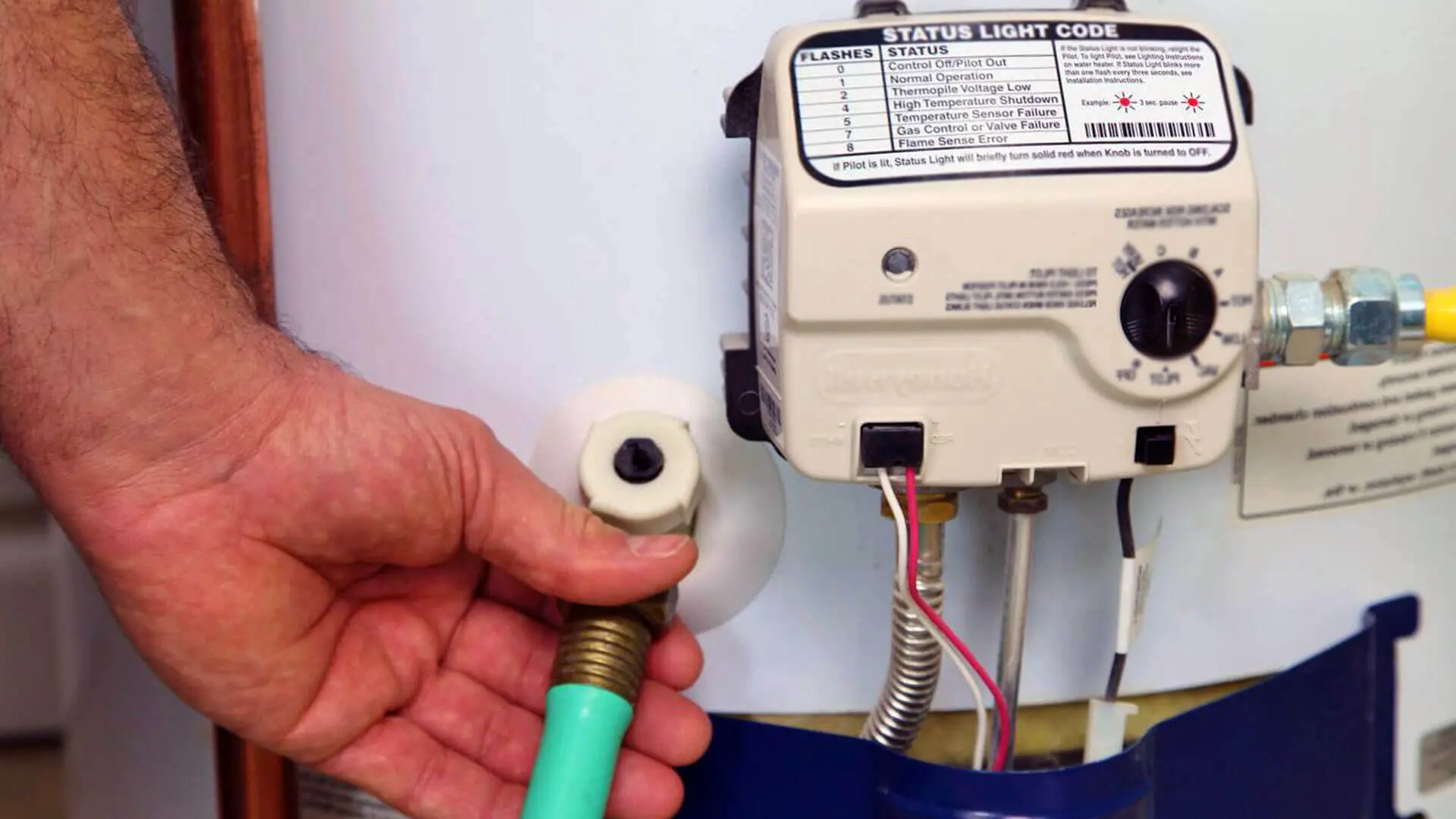
Table of Contents
Hot water systems are an integral part of any household, providing the comfort of hot water for daily activities such as bathing, cleaning, and cooking. With various types available—electric, solar energy, and gas—each system offers its unique benefits and challenges.
Despite their importance, hot water systems don’t last forever and may need replacement for several reasons. Understanding why your hot water system might stop working is crucial to maintaining a consistent supply of hot water in your home.
Common Reasons for Hot Water System Failures
1. Faulty or Damaged Heating Elements
The heart of any hot water system is its ability to heat water efficiently. However, heating elements can become faulty or damaged due to several factors:
- Sediment Buildup: After a while, sediment can build up in the bottom of your hot water tank which impacts the water from being heated properly.
- Broken Thermostat: A malfunctioning thermostat can lead to erratic water temperatures.
- Faulty Wiring: Compromised wiring can disrupt the power supply to the heating elements.
- Water Temperature Fluctuations: Frequent changes in water temperature can stress the system, leading to premature failure.
Addressing these issues quickly not only restores efficiency but also extends the lifespan of your hot water system, ensuring it remains a reliable source of comfort in your home.
2. Water Leaks
Water leaks in your hot water system can range from minor annoyances to significant problems that disrupt your daily routine. Leaks are a common issue and can be caused by:
- Drop in Water Pressure: A sudden drop can indicate a leak within the system.
- Improper Tank Filling: If the tank doesn’t fill properly, it could be a sign of leakage.
- Leakage Near the Hot Water Heater: Visible water or dampness around the heater suggests a leak that needs immediate attention.
Being aware of these signs and doing something about it can prevent further damage and ensure your system operates efficiently and safely. Working with an Ipswich plumber is a great way to have your hot water system checked properly and receive expert advice.
3. Improper Installation
The longevity and efficiency of a hot water system heavily depend on its installation. Common installation errors include:
- Incorrect Size Selection: A unit too small for the household’s usage will be overworked and may fail prematurely.
- Incorrect Wiring: This can lead to electrical hazards and inefficient operation.
- Poor Insulation or Improper Placement: Both can affect the system’s ability to maintain water temperature, increasing energy consumption.
Ensuring a correct and meticulous installation process is crucial for optimising the performance and safety of your hot water system, helping to avoid unnecessary costs and inconvenience over time.
4. Pilot Light Issues (Gas Systems)
The pilot light serves as the ignition source for the gas burner, enabling the heating process. If it goes out, the gas burner cannot ignite, rendering the system incapable of heating water.
This issue can stem from various causes, such as a faulty thermocouple, a draft blowing out the light, or a problem with the gas supply itself.
It’s crucial to fix these issues as soon as you notice them. While relighting the pilot light might seem straightforward, recurring extinguishments indicate a deeper problem that requires professional attention.
5. Natural Gas Leak (Gas Systems)
A gas leak in a hot water system poses significant risks, including potential explosions and poisoning.
Key signs include a sulfur smell, hissing sounds near gas lines, and rising gas bills, indicating a possible leak. Immediate actions should include evacuating, avoiding electronic device use, and contacting emergency services or a licensed professional.
Regular maintenance and vigilance are crucial for safety and preventing such dangerous scenarios.
Fixing Gas and Electric Hot Water System Issues
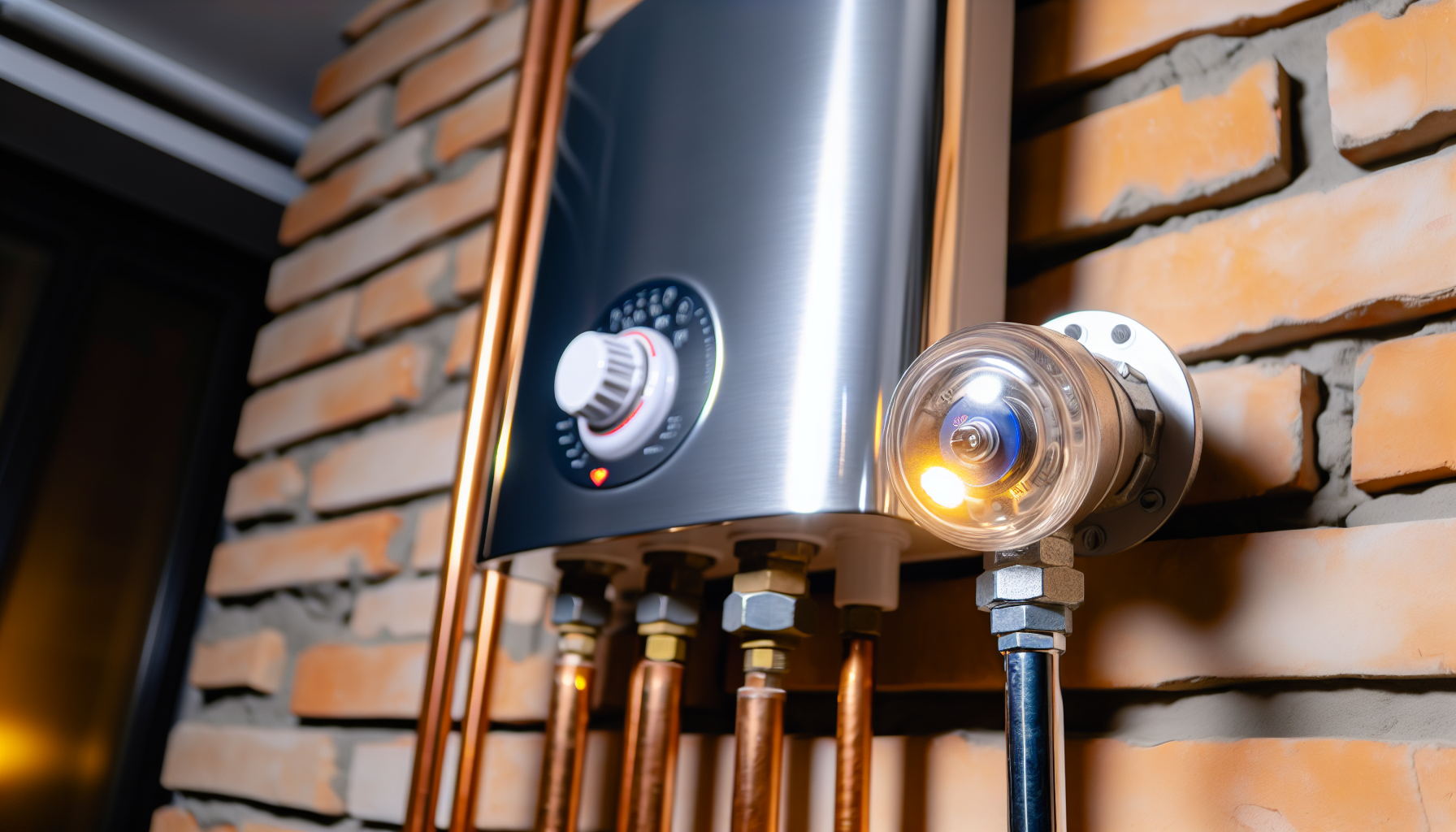
While hot water flowing directly to our homes is a staple of any home, when issues arise, the best action is to contact a professional for safe repair, maintenance, or replacement. However, there are a few steps you can take before making the call:
- Inconsistent Hot Water: If you’re experiencing fluctuations in water temperature, check the thermostat settings. Adjusting the thermostat to the desired temperature might resolve the issue without needing professional intervention.
- No Hot Water: Should you turn on the tap to find no hot water, inspect the power supply or gas line to your heater. Ensuring everything is correctly connected and the pilot light is lit (for gas systems) could quickly solve the problem.
- Leaking Tank: A leaking tank requires immediate attention. First, turn off the power or gas supply to the heater, then drain it to inspect for leaks. If a leak is found, it’s time to call in the professionals.
Conclusion
A reliable hot water system is non-negotiable for the comfort and well-being of any home. Understanding the common reasons behind system failures—and knowing when to call in experts ensures that your home remains a haven of warmth and convenience.
Whether it’s a minor issue like adjusting the thermostat or a more significant problem requiring system replacement, professional guidance is paramount to ensure safety and efficiency.
Remember, regular maintenance can prevent many of these issues, keeping your hot water flowing smoothly for years to come.

